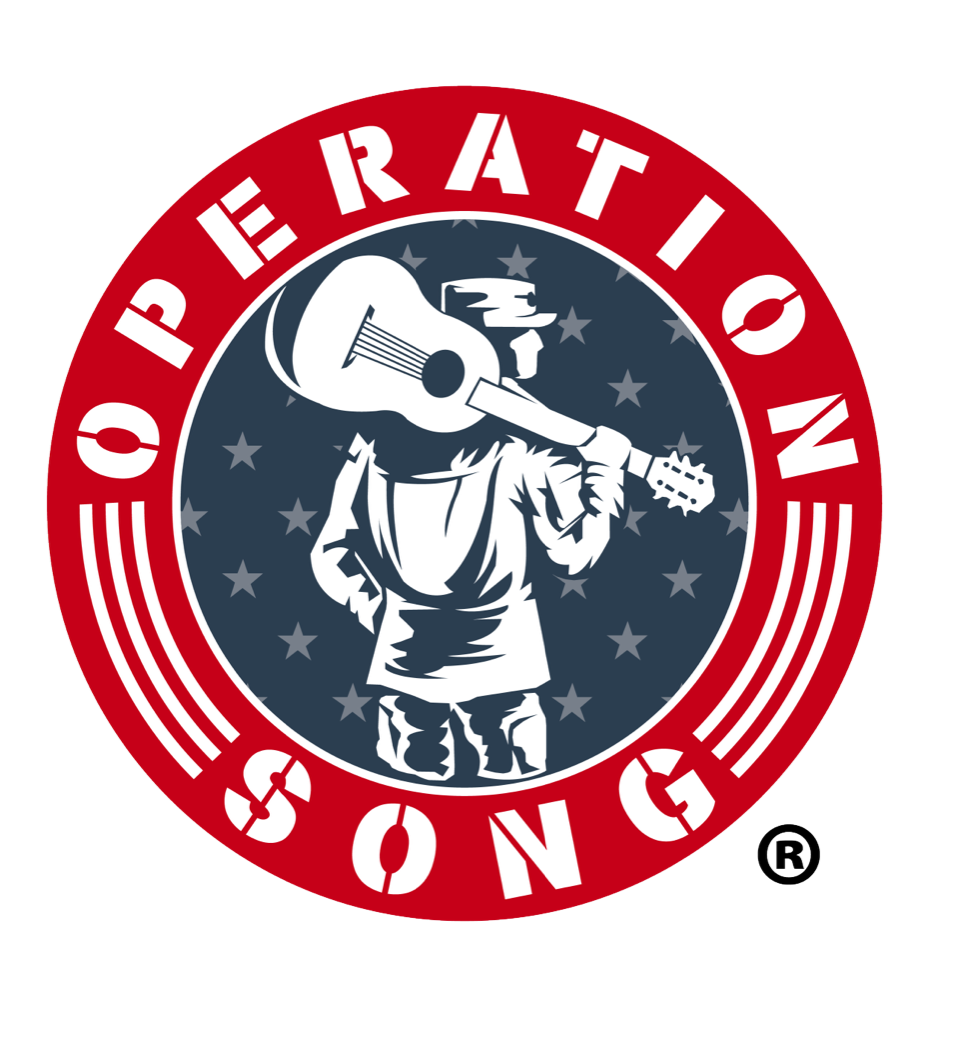At Nashville's VA, Songwriting As Therapy For Sexual Assault In The Military
But on a Monday afternoon in August, there's an energy that might be felt more often at an intimate Nashville club. Two dozen people, mostly women, are sitting on those creaky chairs in a circle. Some hold guitars. About half are veterans, and they're waiting to debut their very personal songs about a shared experience: sexual assault.Thousands of women in the military report being sexually assaulted each year — and it's a number that's rising. When those women return to civilian life, some seek counseling at a local veterans affairs clinic. But Nashville's VA now offers a supplemental therapy inspired by Music City: a program that pairs survivors of sexual assault with songwriters, who help put their stories to music.The program ends with this day of performances by the veterans and songwriters. Sarah Kelley, a 33-year-old Army veteran, explains the back story of her song to the rest of the room."I was stationed in Korea, and it was my boss," she says. "When I told my company commander, he told me, 'Welcome to Korea. Get used to it.'"Kelley used to sing and write songs, she says. That hasn't happened since her assault."I lost my voice," she tells the group. "I'm terrified of being in front of you and singing, but kind of excited that I get to do it again."She puts in a CD of her recording — a song called "Find Your Voice" — and sings along. The songwriter she was paired with strums behind her."I've always been told, keep it to yourself / If you've got a problem, don't ever tell / Put it in a box, don't touch it again / And if it comes out, you better shove it back in."Songwriters As TherapistsKelley was assaulted 14 years ago, but she says she still has nightmares. Sometimes she hallucinates there's someone in her house."I actually have sensations of someone touching me or holding me, or things that happened during the incident," she says. "So that's really terrifying."
She's also often afraid to leave her house alone, she says, which posed a problem when the songwriter she was working with asked her to come over to record their song in his studio. Kelley forced herself to go over."My biggest fear is that something horrible's going to happen," she says. "But it didn't. Nothing horrible happened. That was a new tally for the good side ... to be able to spend time with someone who is not directly related to the military, that I can't see as my perpetrator, that I don't feel has any ill-intent towards me."Bob Regan, the professional songwriter Kelley was paired with, is also the founder of this whole program called Operation Song. He created it several years ago just for soldiers with PTSD — it expanded to female survivors of sexual assault last year. (Regan is the only male songwriter in Operation Song's sexual assault program.)He got the idea while performing on military bases as part of an armed forces tour: He realized his decades as a songwriter had turned him into somewhat of a therapist."It's our job to make the person sitting across from us feel safe and encouraged to open up. That's just a skill set you attain," he says.
But he admits, it takes a different skill set to sit down with a veteran in Operation Song than to sit down with another songwriter on Music Row. Some veterans have a harder time opening up, he says, and when they do, the stories they share are likely to be much more traumatic.Ending Therapy With A SongKaty Minton was 19 years old and serving in the Air Force when she was sexually assaulted by a colleague she had dated. Traditional therapy has helped her get through an eating disorder and some of the aftermath of the incident 11 years ago, but the songwriting process adds an extra layer of accomplishment."It's really cool to see how far I've come and to put that into a song," she says."Dear Me," written with songwriter Victoria Banks, is a letter to herself as a little girl. Banks sings the song in the conference room. Minton sits across from her quietly, with tears in her eyes."Dear me, counting your back handsprings in the yard / Back before you knew that life was hard / Arms reached out wide open like your heart / That's who I want to be."
The 10 or so women in the program each year are chosen by counselors like Michele Panucci, the Nashville VA's sexual trauma coordinator. The veterans have to be ready to talk about their traumatic incident with someone who's not trained as a therapist, she says, although there's always a therapist nearby during their songwriting sessions.The results have been humbling, Panucci says. Some of her clients opened up during their performances in ways that they haven't even done with her."I would love for every veteran to be able to end their therapy with a song," she says. "Just being able to be bold and saying things about themselves that maybe they're not able to say one-on-one, hearing the other women say things in ways that maybe they haven't realized."After the performances, the veterans and writers grab snacks and congratulate each other. Bob Regan walks over to Sarah Kelley."You know what?" he says. "If you come up with another song idea, email me. Let's write another one, if you ever have more to say."Kelley grins. Yes, she says, she has much more to say.


